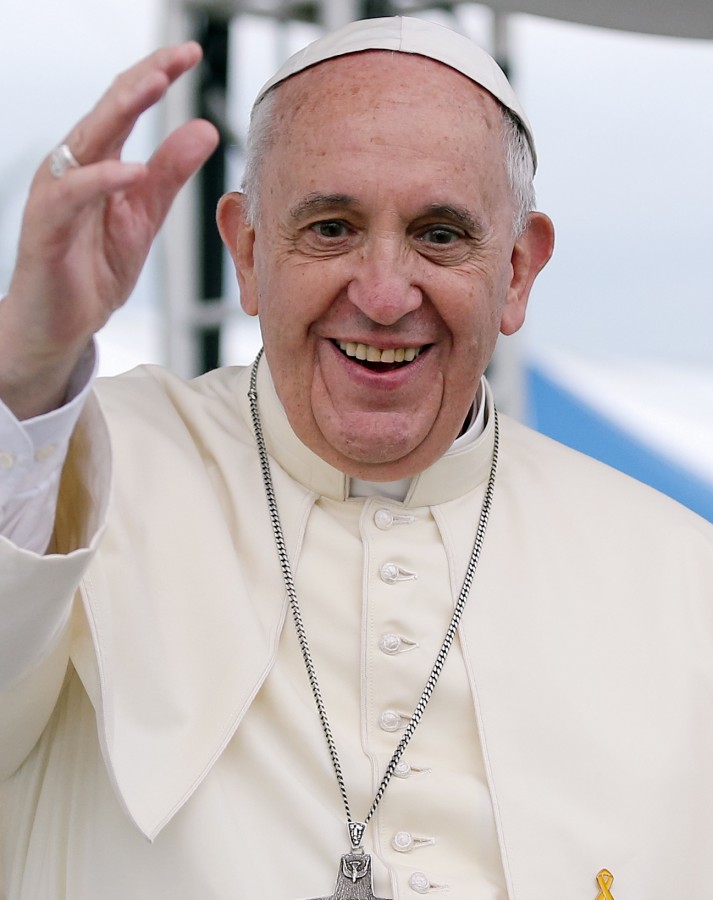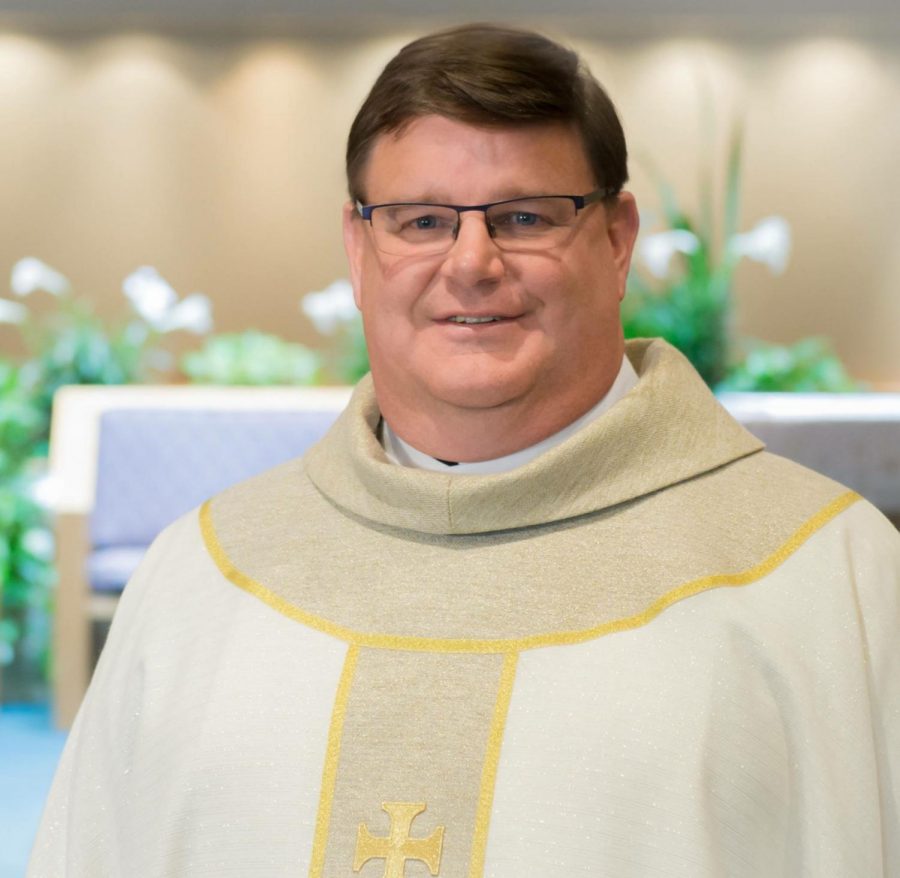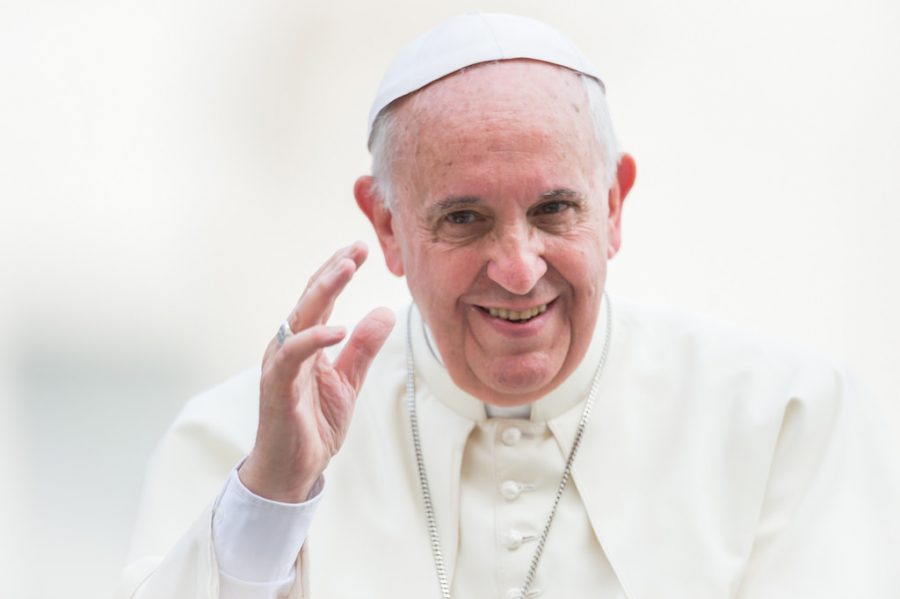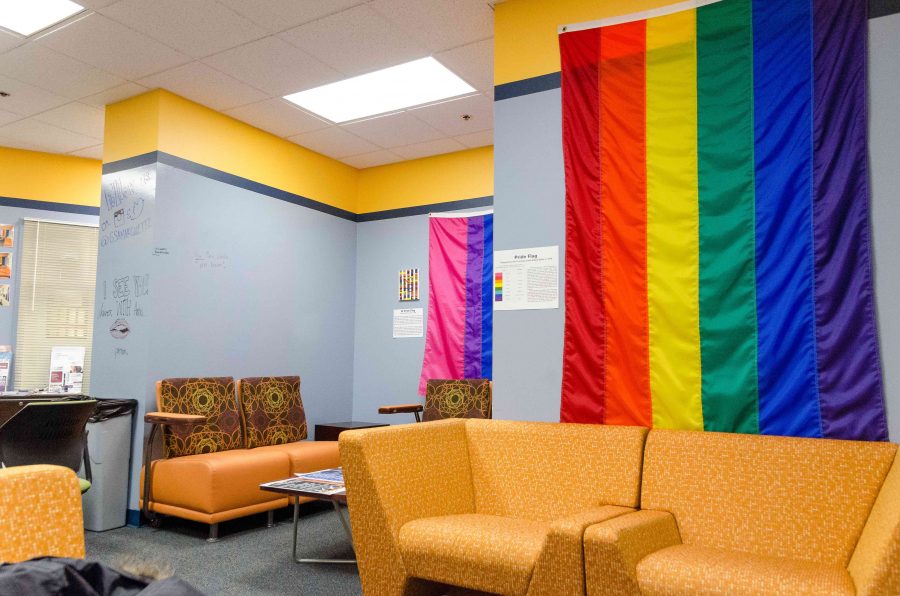Traditionalists were less than pleased when Pope Francis rocked the boat in the Catholic Church again. On Holy Thursday when popes traditionally washed the feet of 12 Catholic men in St. Peter’s Basilica, the pope washed and kissed the feet of twelve Christian, Hindu and Muslim men and women refugees in a shelter for asylum-seekers.
“We have different cultures and religions, but we are brothers and we want to live in peace,” the pope preached.
Given recent events, his message is particularly poignant.
On Tuesday, March 22, terror attacks in an airport and metro station in Brussels left at least 35 dead and over 300 injured.
Recently, more of the dead are being identified. From 40 countries, they are young and old, brothers and sisters, mothers and fathers. One can only imagine the grief their friends and families must be feeling after this senseless loss.
Across the world, Brussels reverberates in our thoughts and conversations. Many of us find ourselves in a state of fear and despair, and we find ourselves asking the same questions we did only four months ago after the tragedy in Paris.
Pope Francis’ action is a protest for peace. It might look small or inconsequential in the face of so much ruthlessness – not unlike the proverbial “grain of mustard seed.” Nonetheless, it sends an important message.
There are those within the church who hold dogmatism higher than humanity. These people insist the ritual washing of feet loses its meaning when women and non-Catholics are included. They point out that the 12 apostles’ feet that Jesus washed were men’s. But if they followed this logic faithfully, they might also insist that the pope only wash Jewish feet.
The pope rebukes this narrow-mindedness. He adapts the tradition to the needs of our time. Including women and people of other faiths reminds us God’s love is for all people and Christians have a duty to treat all people with compassion, regardless of creed. It is a vital message in today’s polarized climate.
It is also a message that many of our politicians would do well to heed. While many of them respond to tragedy with isolationist and xenophobic proposals and rhetoric, Pope Francis calls for an opening up. He calls us to recognize our common humanity in refugees.
Our first instincts might be fear or despair, and that is only natural. What is comforting about the pope’s message is that we don’t have to stop there, that we can move beyond those instincts into something deeper and more meaningful, something constructive. Peace takes work. If it were easy, we’d have it by now. But I don’t believe it’s impossible.
It isn’t enough to say “we want to live in peace.” If that were all the pope said, we wouldn’t be talking about him now. He engaged with the very people many of us are ready to turn our backs on, and that leaves me with some hope that all is not lost.
It reminds me of a saying by John Henry Newman: “I sought to hear the voice of God and climbed the topmost steeple, but God declared: “Go down again – I dwell among the people.”




